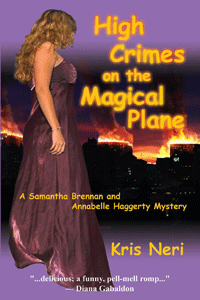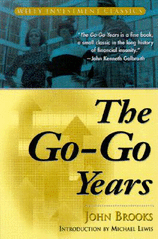 His entry begins:
His entry begins:Wolf Hall—Hillary MantelAmong the early praise for The Fourth Assassin:
Simply the best historical novel for many, many years. Mantel’s portrayal of Tudor England, through the self-made courtier Cromwell, is magnificent. It won the Booker Prize, which isn’t always such a recommendation. In many of the novels chosen for the prize, linguistic flash is chosen over characterization, leaving an emotional void for the reader. But in this case the prize committee got it right. Mantel’s characters breathe, even when they’re not central. One of the amazing things she pulls off in this book is to have a very broad range of characters who, without being central, manage to be rounded, returning here and there throughout the lengthy narrative with immediate life – they don’t need to be reintroduced; we already know...[read on]
"The relentless cycle of violence and retribution follows Palestinian detective Omar Yussef to New York City…in Rees’s excellent fourth mystery…Yussef remainsreliably human and compassionate toward human fallibility, while raging openly at the corruption of his own leaders."
—Publishers Weekly, starred review
"…Yussef himself never loses sight of what he calls ‘the life that remains when politics is sluiced away…’"
—Booklist
"Journalist Rees’s fourth Omar Yussef outing (after The Samaritan’s Secret) exposes the political struggle among various Palestinian factions and demonstrates why it is so difficult to find a solution in the troubled region. His sleuth might miss the ancient streets of Bethlehem, but the hatred and tension of the Middle East follow the Palestinian wherever he goes."
—Library Journal
 View the video trailer for The Fourth Assassin.
View the video trailer for The Fourth Assassin.Matt Beynon Rees' website and blog.
The Page 69 Test: The Collaborator of Bethlehem.
My Book, The Movie: The Collaborator of Bethlehem.
The Page 69 Test: A Grave in Gaza.
The Page 69 Test: The Samaritan's Secret.
Writers Read: Matt Beynon Rees.
--Marshal Zeringue












































